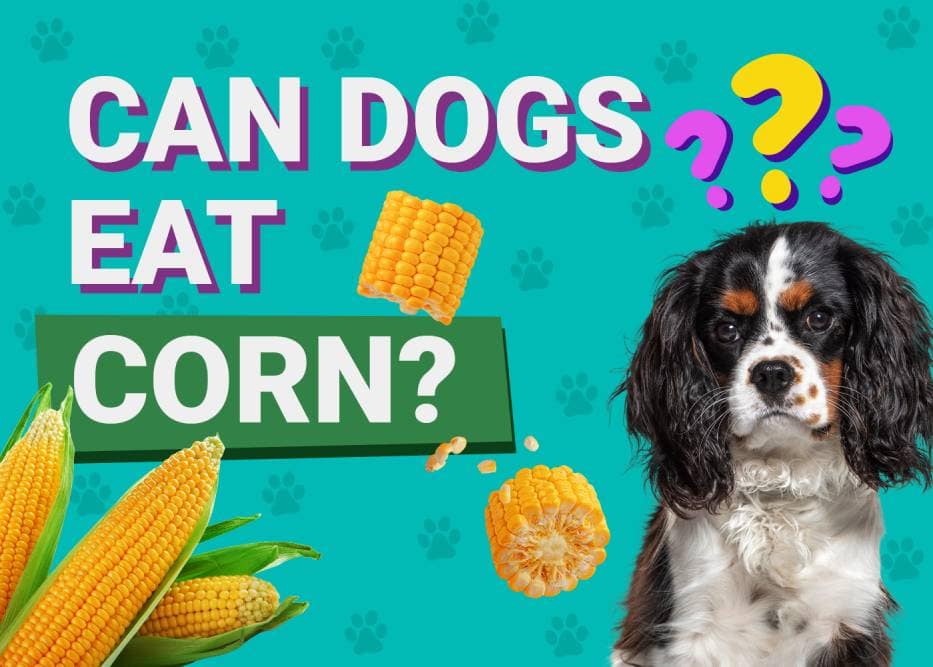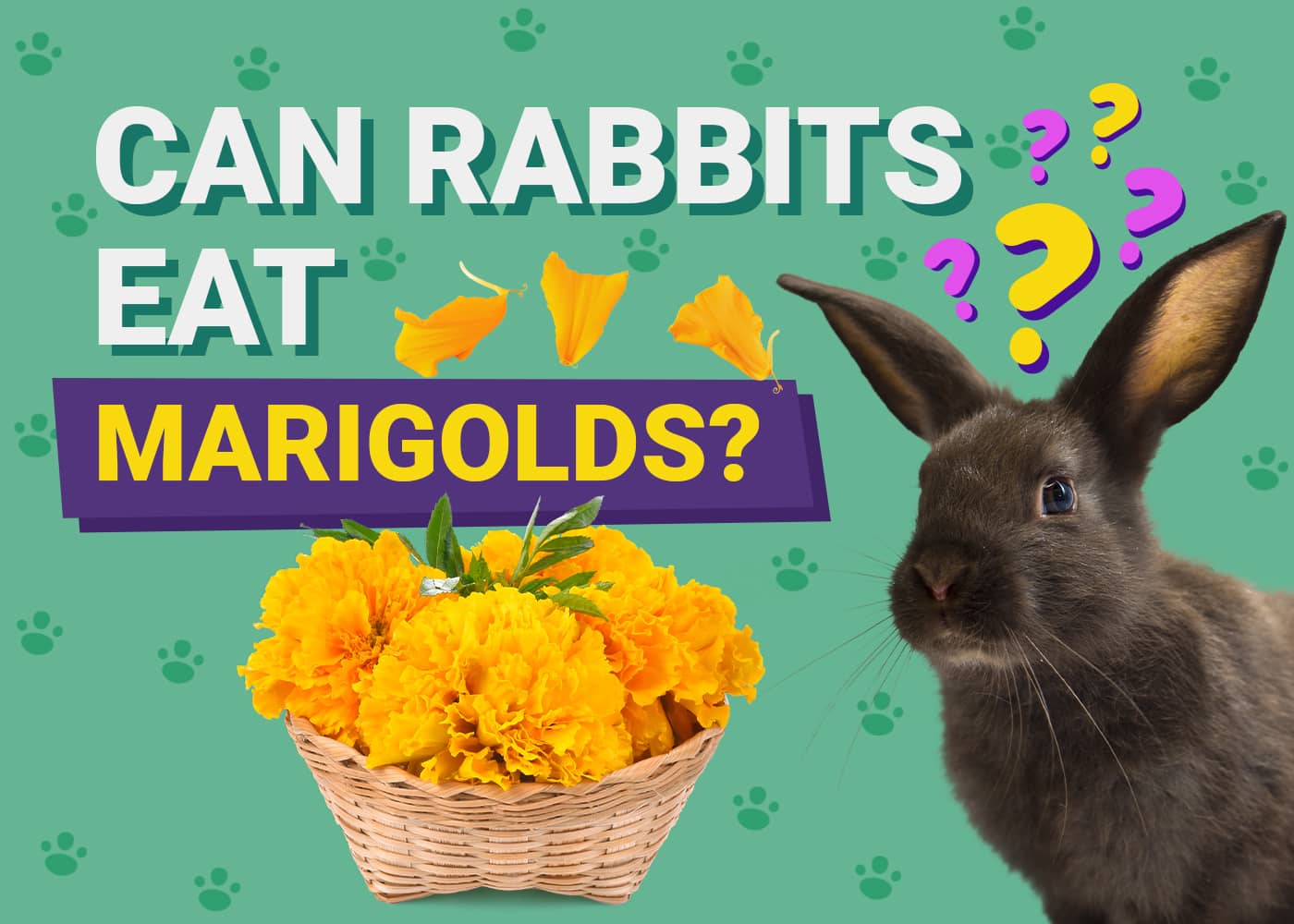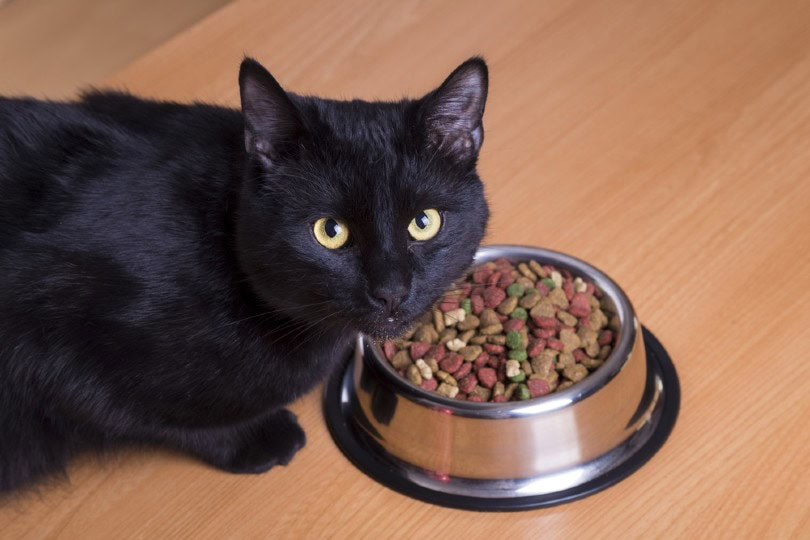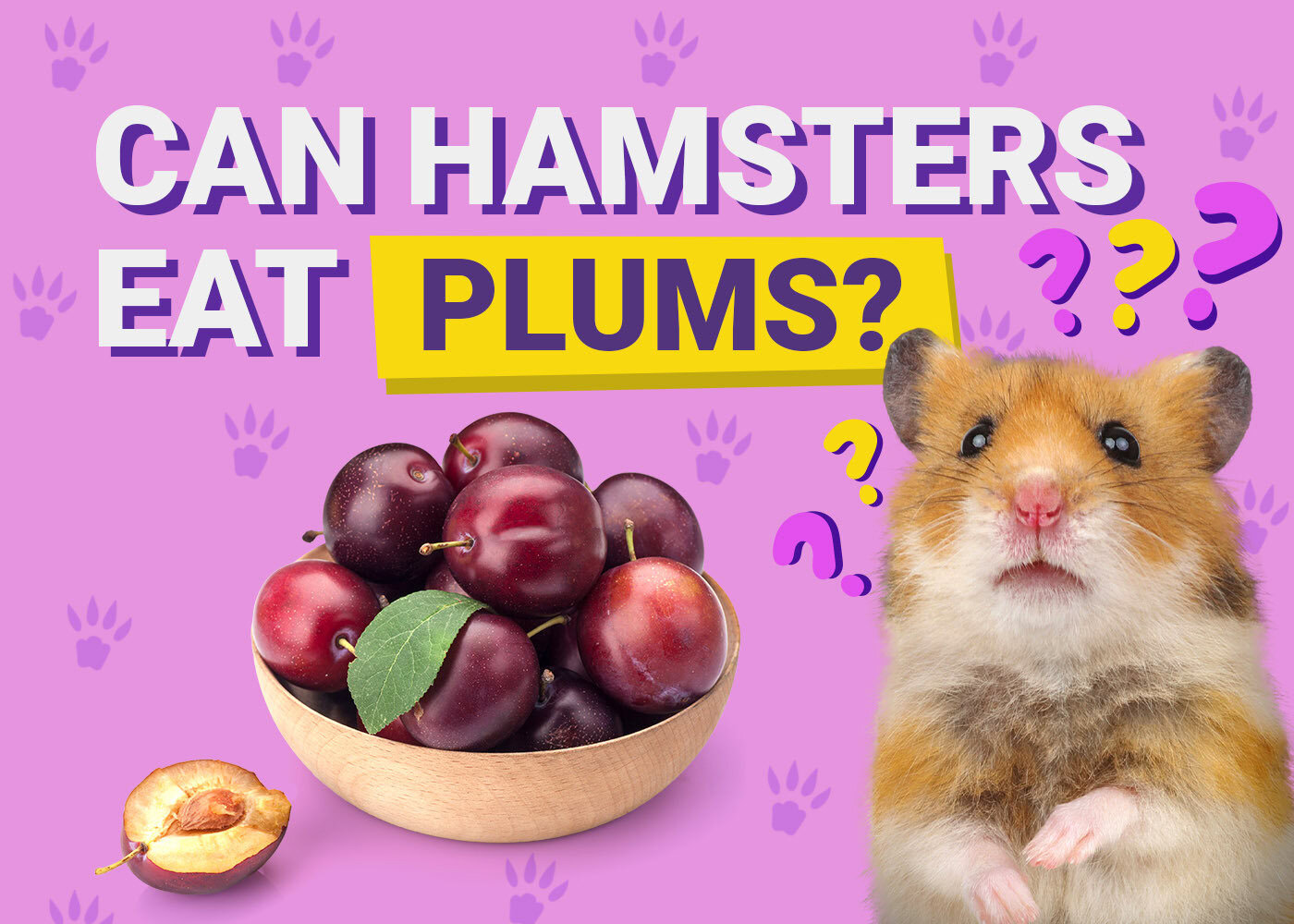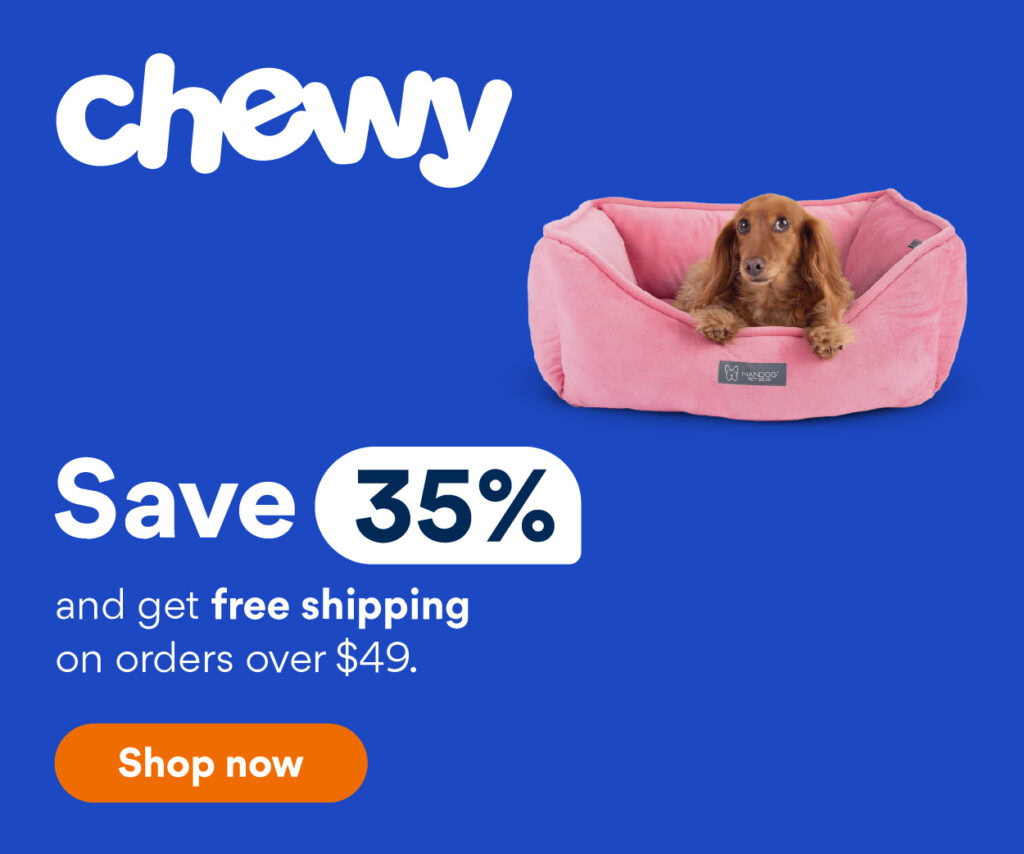VET APPROVED

The information is current and up-to-date in accordance with the latest veterinarian research.
Learn more »Click to Skip Ahead
If your dog turns their best begging look in your direction during dinner, it can be hard to resist slipping them a few morsels off your plate. Corn, especially corn-on-the-cob, is one of the most popular grains for humans, but can dogs eat corn? Yes, it’s safe for your dog to eat corn, as long as it’s not corn on the cob, which should not be given to dogs, as the cob itself can cause a gastrointestinal obstruction. Otherwise, corn is a common ingredient in commercial pet food
Keep reading to learn if corn has any nutritional benefits for your dog and how much is okay for them to eat. We’ll also talk about the one precaution you need to take when feeding your dog corn and discuss whether this food can trigger allergies.

Is Corn Healthy for My Dog?
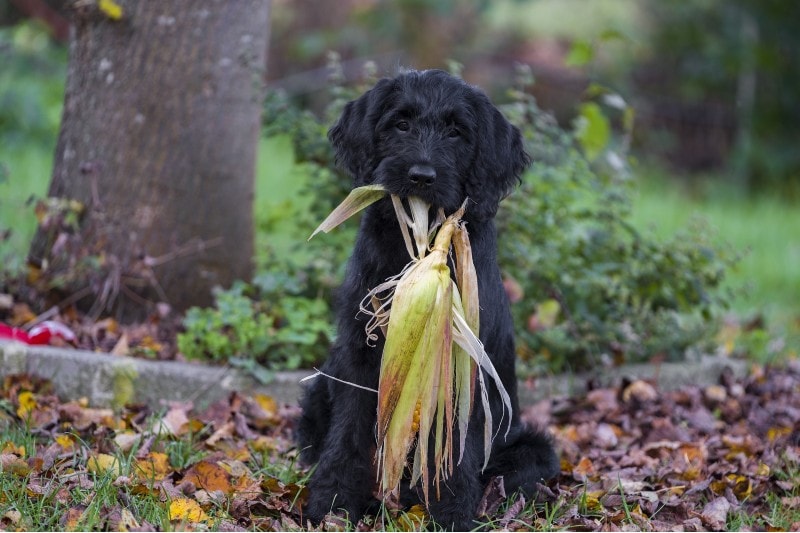
If you pay attention to pet food debates online, you know that corn often gets a bad reputation as an ingredient. Often dismissed as “filler” and blamed for food intolerances, corn is one of the ingredients the “premium” pet food crowd loves to question.
However, corn provides nutritional value in pet food and as a snack for your dog. Corn, especially if cooked or ground, is an easily digestible carbohydrate that dogs use as an energy source. However, if not chewed through or cooked, the corn kernels, if given to your dog, may exit their digestive tract intact, similarly to people, which causes no real harm. This grain also serves as an inexpensive protein source, especially corn gluten, which is different from the wheat and rye gluten. Corn also provides dogs with various B vitamins, magnesium, potassium, carotenoids, omega-6 fatty acids, and other ingredients.
But wait, you might be thinking, aren’t dogs carnivores? Can they digest and use the nutrition from plant sources like corn? Unlike cats, who are obligate carnivores, dogs are facultative carnivores that developed the ability to utilize plant nutrition over time.
Your dog can take advantage of corn’s nutritional benefits, whether it’s in their food or dropped from the dinner table.
However, it’s important to note that diets that contain corn as a source of omega-6 fatty acids should be combined with sources of omega-3s, as an excess of omega-6 with insufficient omega-3s can encourage the production of inflammatory compounds. Balanced and complete diets following the AAFCO guidelines should fulfill these recommendations.
Does Corn Cause Food Allergies?
Another common complaint about corn in pet food is that it triggers food allergies in dogs. While grains like corn are often blamed for itchy, gassy dogs, the truth is that animal proteins are to blame for most food allergies. Beef, chicken, dairy, eggs, fish, and pork ingredients are much more likely to be causing your dog’s allergies than corn.
Any food can trigger an allergy, and some dogs could potentially be allergic to corn, but it is not as common as you think. Wheat and soy are the plant-based ingredients most likely to cause food allergies.
Properly diagnosing food allergies can be tricky, and the signs can mimic many other conditions. Don’t make assumptions about corn or other ingredients being responsible for your dog’s itching or diarrhea. See your veterinarian to diagnose and manage your dog’s medical conditions.
How to Feed Your Dog Corn
Like any people food, even safe ones, corn should only be offered to your dog in small amounts as a treat. Most of your dog’s daily calories should come from a nutritionally balanced commercial diet (which may or may not include corn!)
If your dog loves corn, offer plain cooked or grinded down kernels without salt, butter, oil, or other seasonings. Try sprinkling some kernels on their food or just letting them eat them plain. You can also offer your dog plain, unflavored popcorn as an occasional snack, but avoid salt or fat additives, and make it a rare treat rather than a regular occurrence. Avoid unpopped kernels as they may pose a choking risk, or in very small dogs, if they eat too many, they could cause serious gastrointestinal issues. Popcorn is empty calories and will not benefit your dog in any real way.
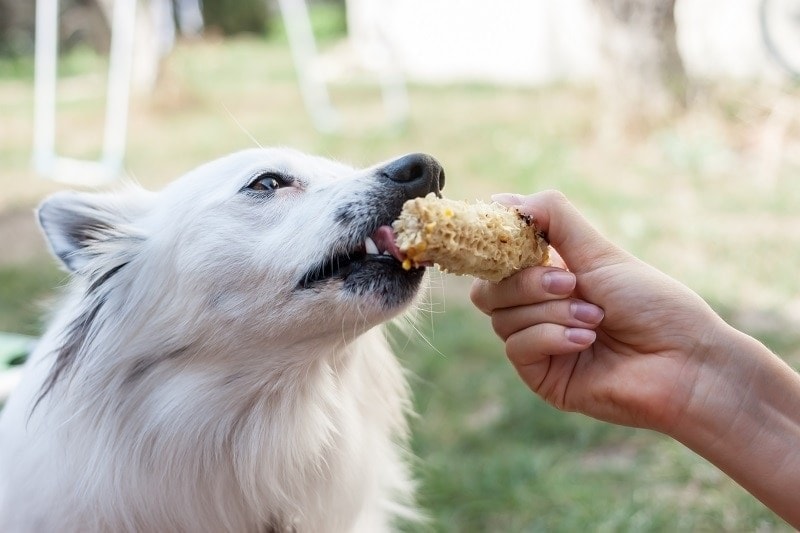
A Word of Warning When Feeding Your Dog Corn
While corn is safe for your dog, corncobs are a different story. Chewing on a corncob may seem like a fun way to pass the time, but your dog can easily bite off and swallow chunks that may get stuck in their stomach or intestines. Many a pup has raided the trash can after a summer barbeque only to find themselves undergoing surgery a few days later to remove a corncob from their guts.
If you’ve just enjoyed a meal including corn-on-the-cob, dispose of the cobs in a secure trash can or take them straight to the outside bin to keep your dog safe. Never deliberately feed your dog a corn cob. Remove the kernels for them to eat, and keep the cob to yourself.

Conclusion
Corn is one of many human foods that are safe for your dog and provides nutritional benefits. Keep in mind that not every dog tolerates snacking on people’s food, and even non-toxic items like corn could upset their stomach. Despite what their big, sad eyes may tell you, your dog doesn’t need to eat corn or any other human food they might be begging for.
See Also:
- Can Dogs Eat Fritos? Is It Safe or Unhealthy?
- Can Dogs Eat Cloves? Is It Safe?
- Can Dogs Eat Ramen Noodles? Is It Safe?
- Can Dogs Eat Corn? – American Kennel Club.
- A Guide to Dog Food Ingredients and Reading Dog Food Labels | PetMD
- Omnivorous dog traits revisited. Dogs are classified as omnivores based… | Download Scientific Diagram
- Stalk About Nutritious: It’s Corn! – Petfoodology
- Food Allergies in Dogs | VCA Animal Hospitals
- Can Dogs Eat Popcorn? | PetMD
